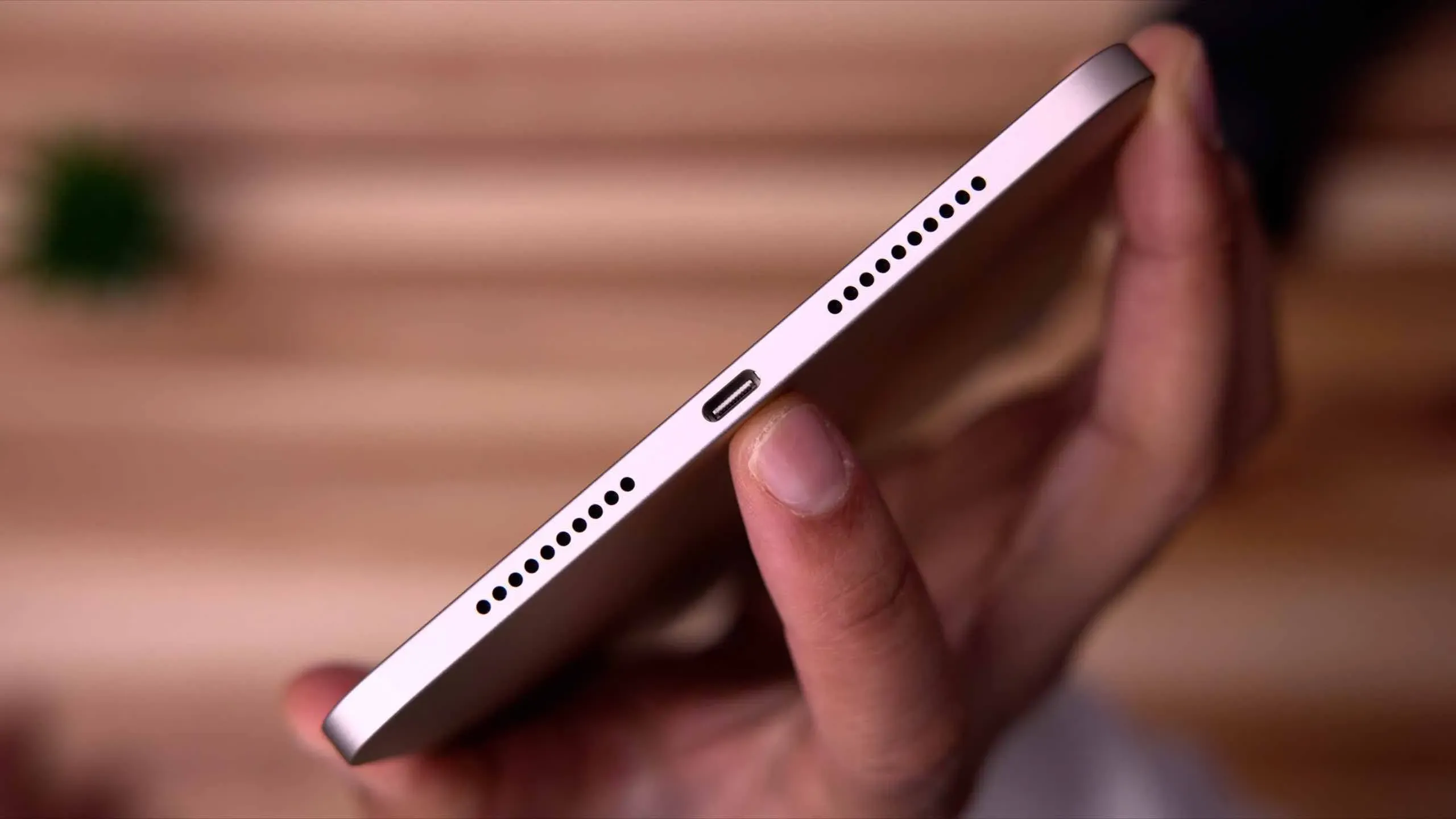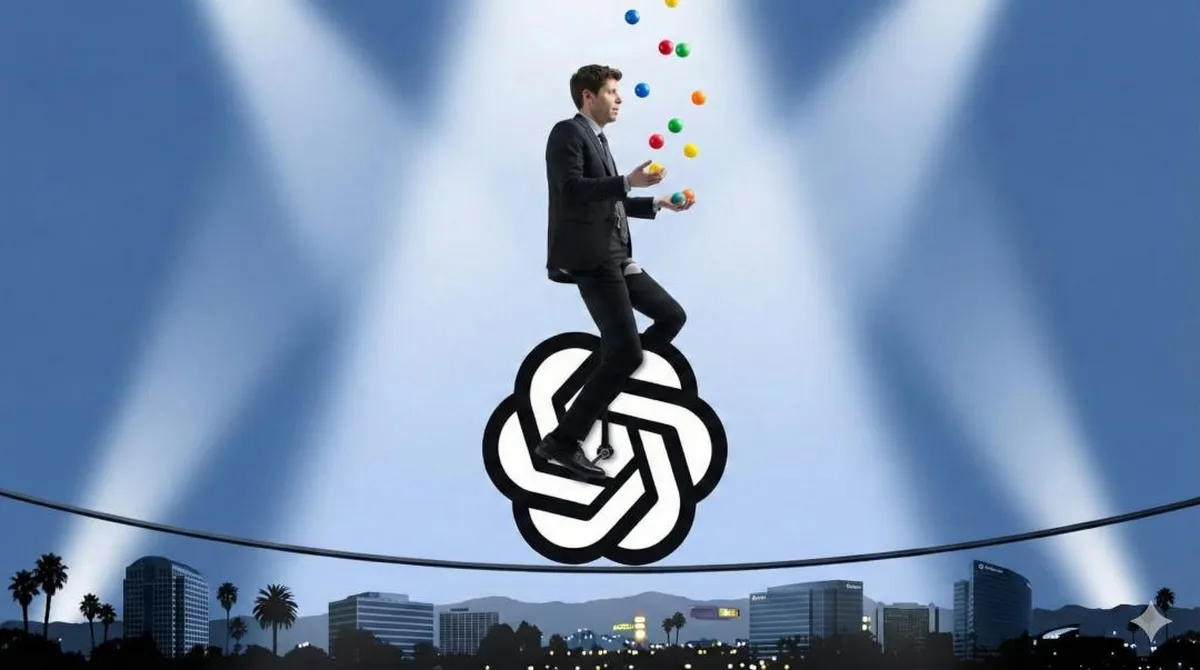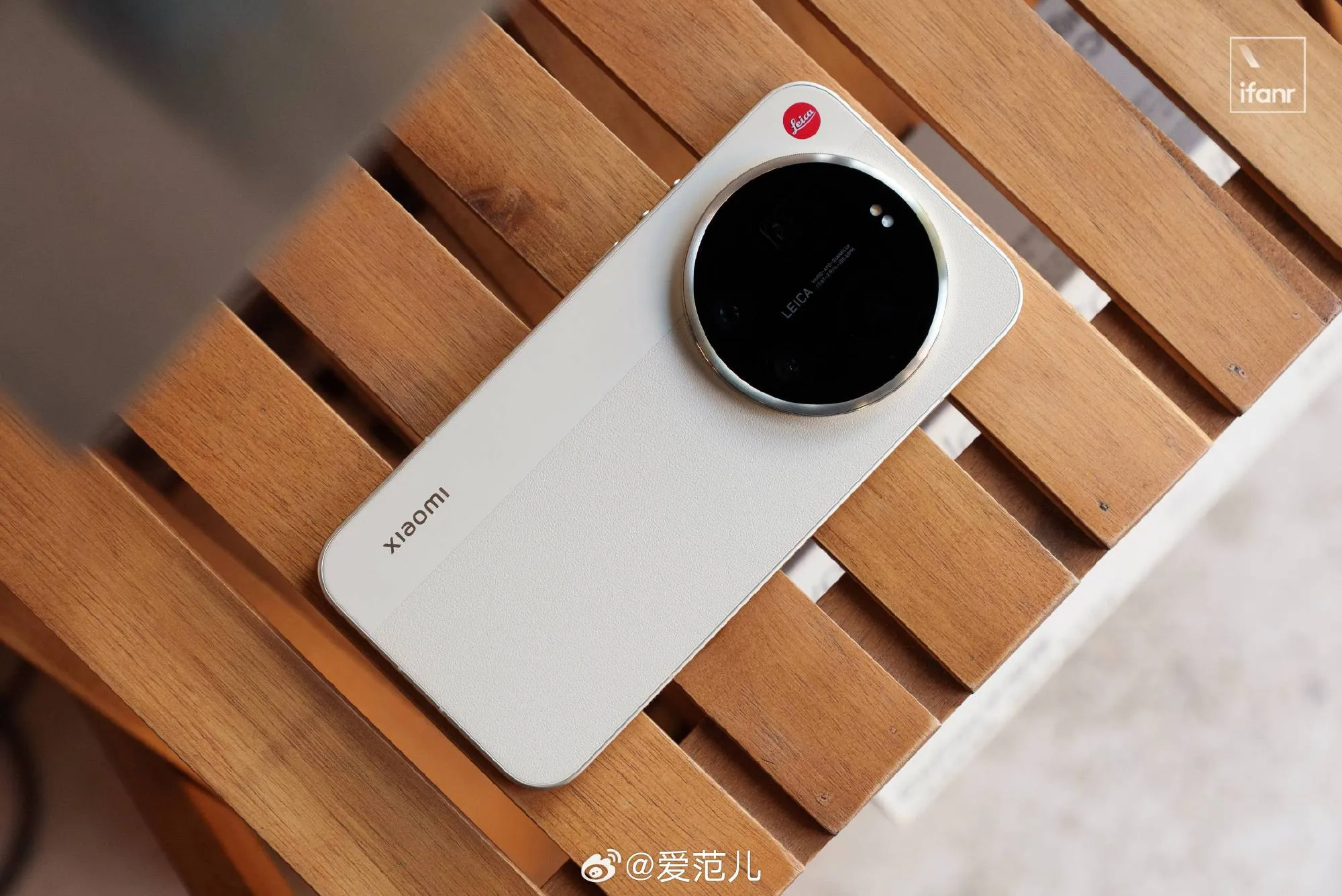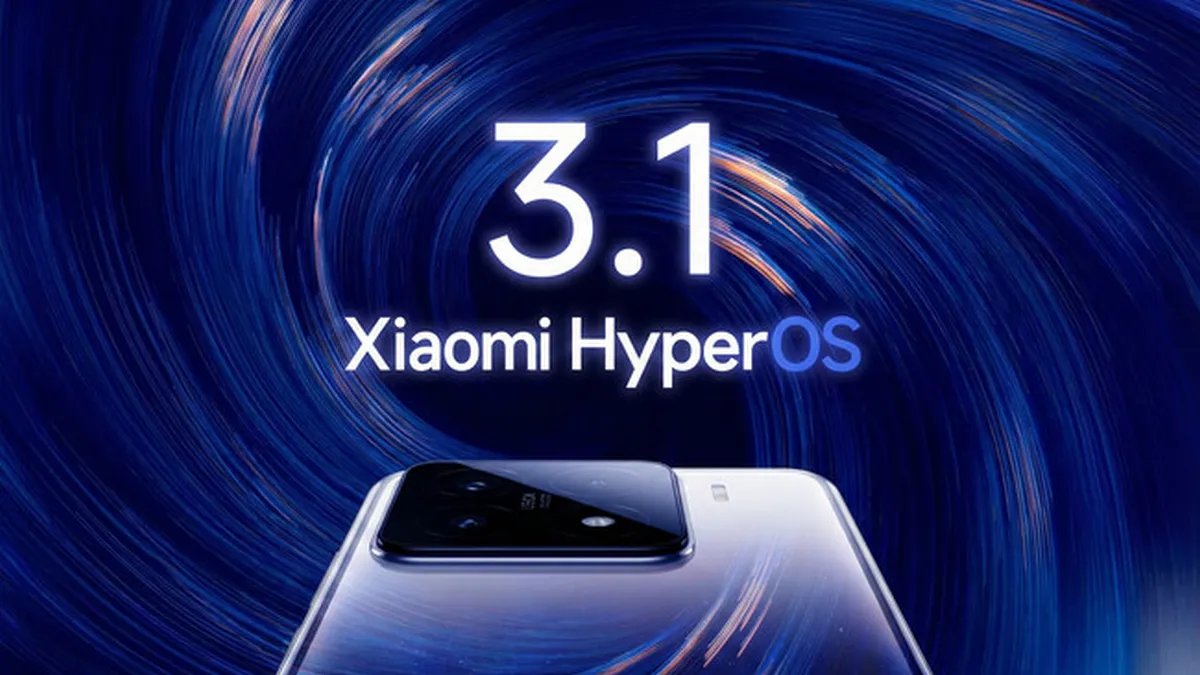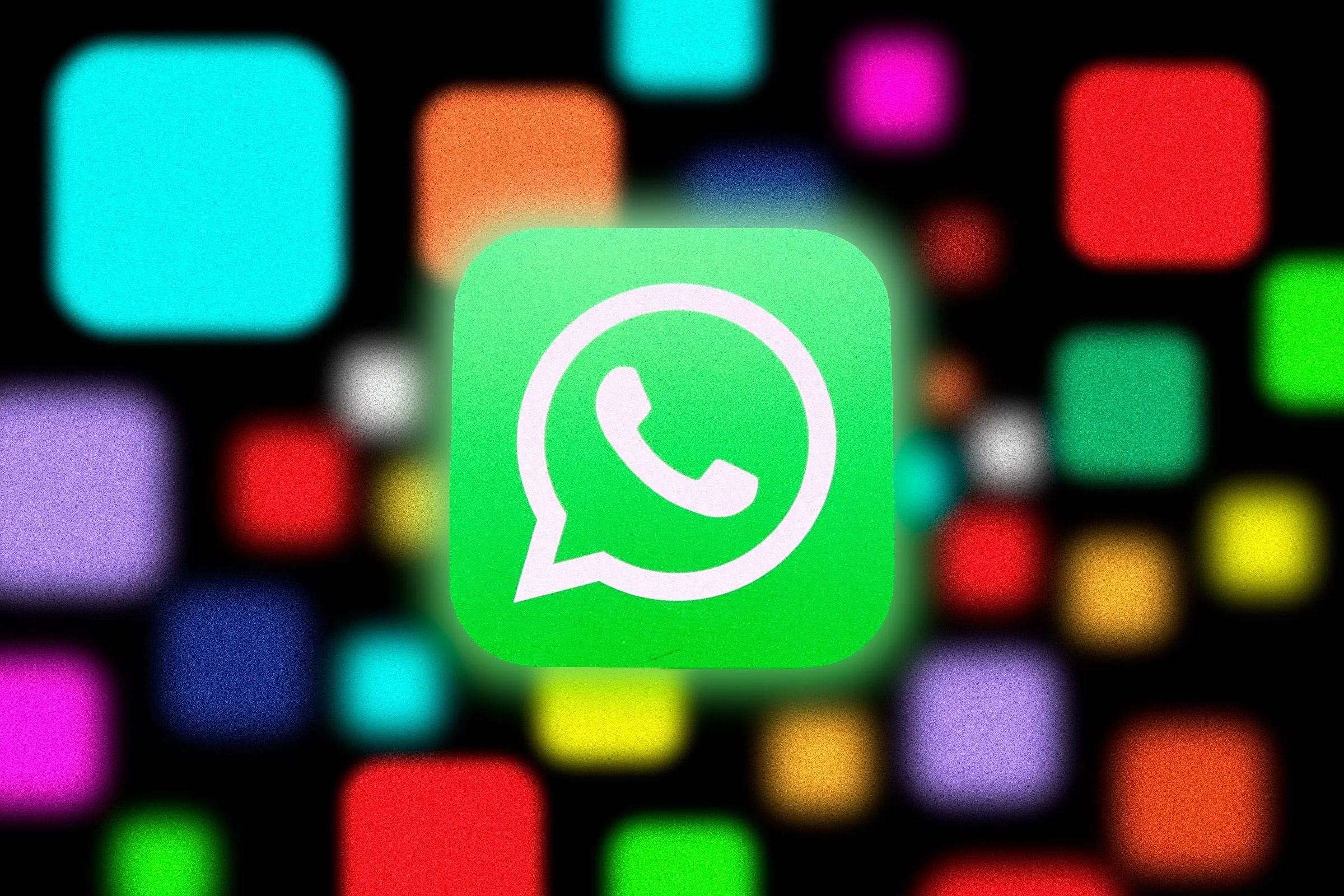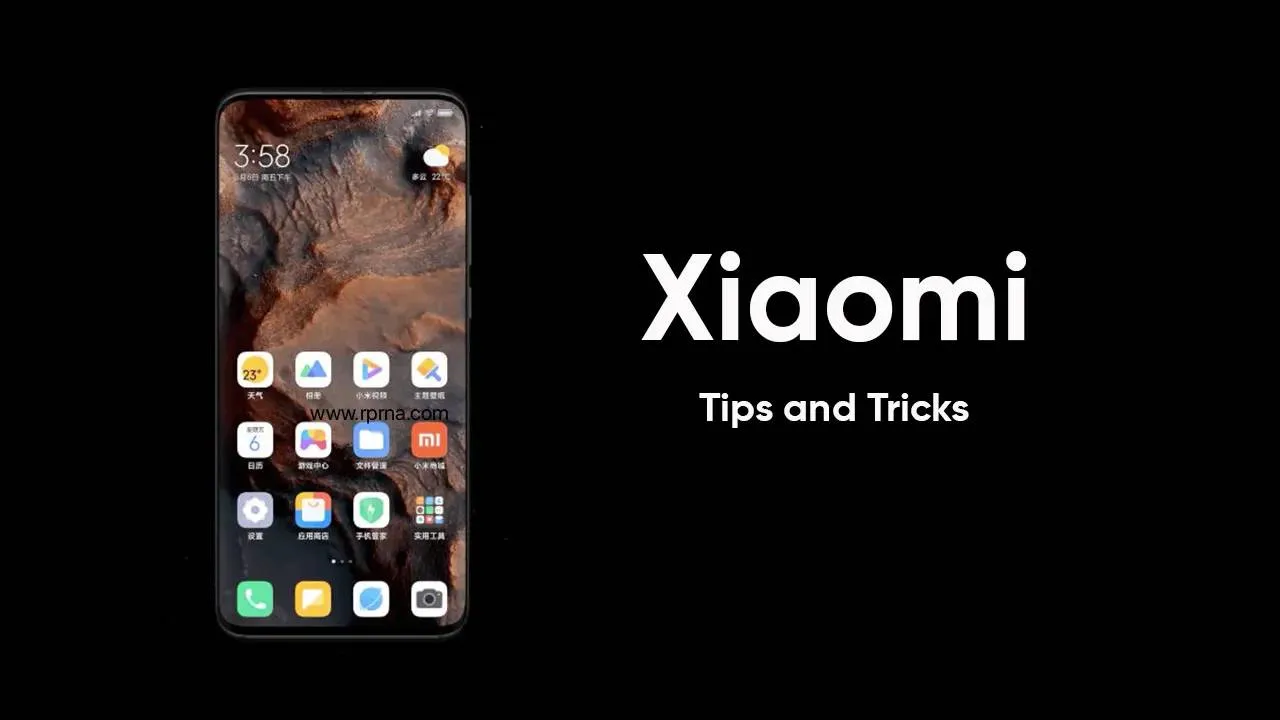
Xiaomi 17 Review: Why This $630 Phone is Scaring the Big Brands
Mar 04, 12:05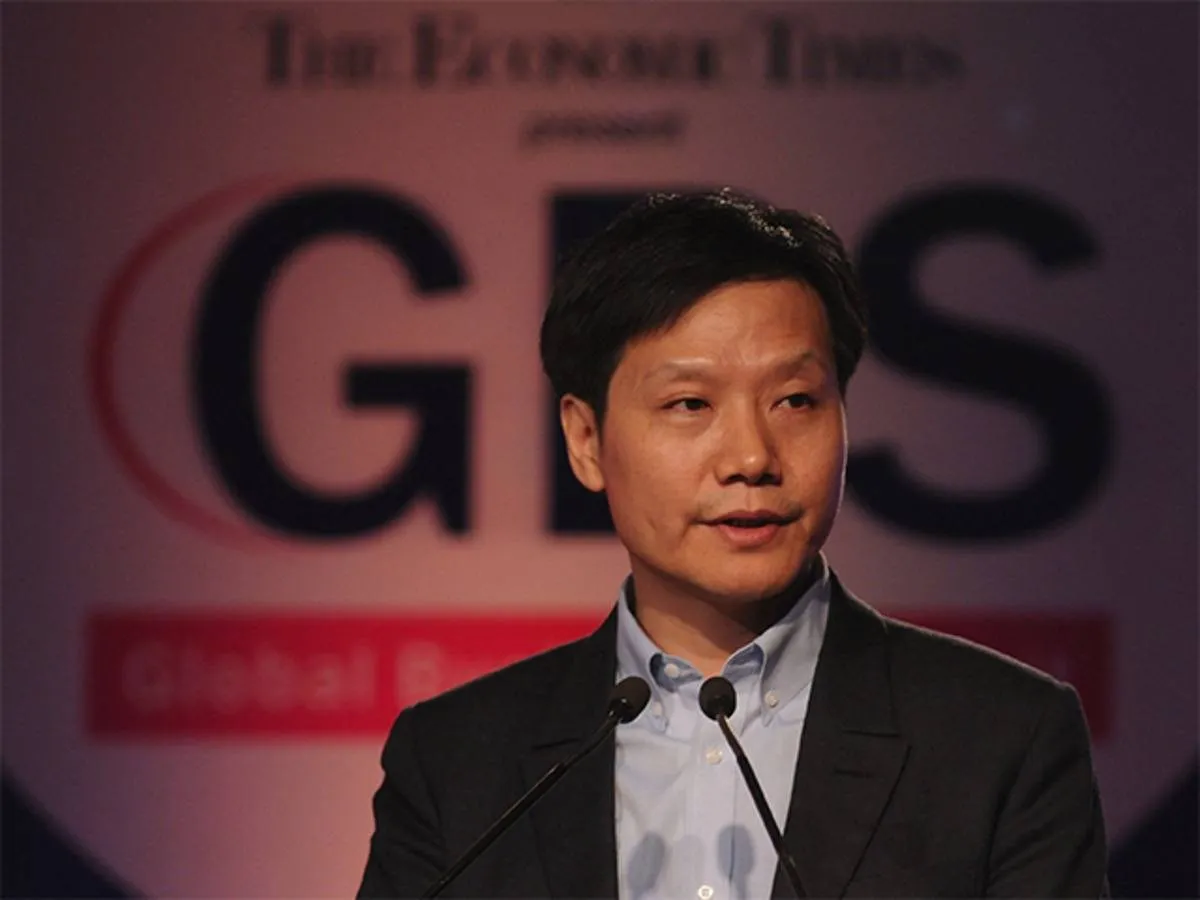
Xiaomi's CEO Just Told China's Parliament That AIOS Is the Next Big Thing
Mar 05, 10:35
Huawei Just Built a LiDAR That Can Spot a Shoebox From 120 Meters Away
Mar 05, 10:24
Infinix Built a Flagship With Pininfarina. Yes, That Pininfarina.
Mar 04, 18:18
A Stock Zeekr 001 Just Hit 1266kW Charging. No Prototypes. No Lab Conditions.
Mar 04, 10:48
Honor Just Patented a Phone That Folds Four Times. Like Origami.
Honor has patented a four-fold origami-style smartphone with multiple hinge points — the most complex foldable architecture any major brand has filed to date.

Xiaomi's CEO Just Told China's Parliament That AIOS Is the Next Big Thing
Xiaomi CEO Lei Jun told China's NPC that AIOS will fundamentally transform smartphones — and that innovation in the sector is far from over.

Huawei Just Built a LiDAR That Can Spot a Shoebox From 120 Meters Away
Avatr 12 launches March 20 with Huawei's 896-line image-grade LiDAR — the highest-resolution mass-produced LiDAR globally, spotting 14cm objects at 120m.

iQOO, OnePlus, and OPPO Are All Launching Something. The Media Kits Just Gave It Away.
iQOO Neo10 series, OnePlus, and OPPO all sent media kits ahead of launch events starting the day after tomorrow — here's what each kit reveals.
- Great insights on the Honor Watch GS 5 features! The 23-day battery life and advanced health tracking tools make it a strong competitor in the wearable market. At Hezire Technologies, we’re also seeing growing interest in smart wearables that offer long battery performance and accurate health data feedback. Users in Dubai and the UAE are always asking for reliable devices that support active lifestyles — and watches like the GS 5 really fit that need. Thanks for the detailed specs!
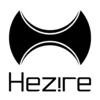 heziretechnologies19-02-2026
heziretechnologies19-02-2026 - I want to know how much the Oppo Pad 4 Pro tablet is currently priced please?Egyptian13-02-2026
- I want to know how much is the price of the Oppo Pad 4 Pro tablet currentlyEgyptian13-02-2026
- We hope that the giant Xiaomi will put a cooling fan in the global version of the Xiaomi 17T Pro phone as in the Redmi K90 Ultra, albeit with less capabilities, and that the battery will be larger than 7500 mAh, and the screen will reach 6.85 inches.Egyptian12-02-2026
- Most of the tablets doesn't support Zoom video blur background feature.YugeshM1509-02-2026
- 👍️CajunMoses03-02-2026
- Besoin de ça
 merveil11-12-2025
merveil11-12-2025 - Looking forward to buying both sizes of this when they are available in Thailand 🇹🇭chrisman08-12-2025
- Finally! Surprised corrupt Grok was not mentionedMaxNix07-12-2025
- About time!!MaxNix07-12-2025

Infinix Built a Flagship With Pininfarina. Yes, That Pininfarina.
Infinix NOTE 60 Ultra debuts at MWC 2026 with Pininfarina design, 200MP camera, two-way satellite calling, and a self-healing 7000mAh battery.

Foldable Phones Are Better Than Ever. Nobody's Actually Buying Them.
Foldables are better than ever, but ~10,000 yuan price points and weak combined sales show the category still has far to go in 2026.

Xiaomi Unveils Vision Gran Turismo Concept at MWC 2026, Global Expansion Set for 2027
Xiaomi unveils its Vision Gran Turismo concept at Mobile World Congress 2026, highlighting bold EV ambitions and confirming plans for global vehicle sales in 2027.

Top 6 WhatsApp settings to turn on to keep your account safe and how to activate them
WhatsApp is where most of our daily talks happen. Chats with friends, work updates, photos, and even bank alerts all go through it.
Loading






